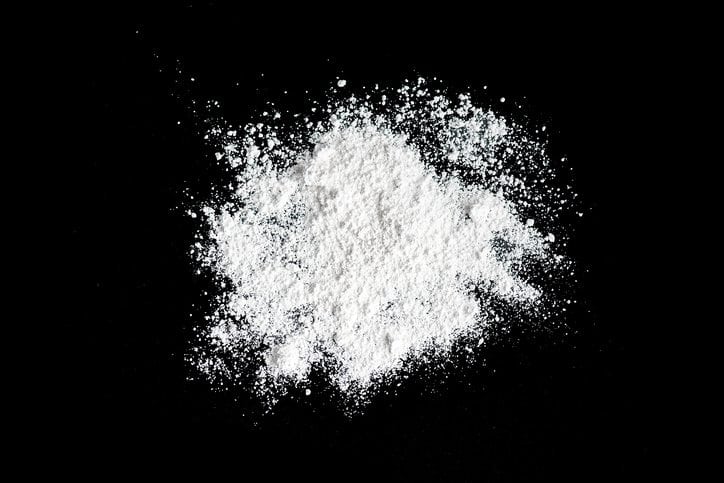<< Back
Cocaine-Opioid Mix Returns: Intoxication Deaths Skyrocket in Connecticut

May 04, 2018
 For the past several months, I have noticed a disturbing and possibly lethal development in some of my patients — an occasional urine drug screen showing traces of cocaine. Almost all of them admitted using opioids, but many were surprised to find cocaine in the test results.
For the past several months, I have noticed a disturbing and possibly lethal development in some of my patients — an occasional urine drug screen showing traces of cocaine. Almost all of them admitted using opioids, but many were surprised to find cocaine in the test results.
While opioid or cocaine overdoses by themselves can sometimes be lethal, the combination of these drugs is often fatal. And because street drugs can be contaminated with other substances, overdoses can be unintentional as the user is not aware that cocaine is laced with an opioid or vice versa.
A recent report from the office of the Chief Medical Examiner shows that the number of deaths in Connecticut from opioids laced with cocaine has increased by a dramatic 420 percent in past three years.
Fentanyl, a very potent opioid, combined with cocaine, resulted in 220 accidental intoxication deaths in 2017 compared to only 14 in 2014. Toxicology reports revealed that cocaine was present in the bodies of more than a third of the 1,038 people who died of an overdose in 2017.
A national study recently published in the Annals of Internal Medicine about U.S. drug overdose deaths reported cocaine-related deaths have been steadily increasing across all ethnic groups since 2015.
Black males are a particularly high-risk population for cocaine overdose deaths. Between 2012-15, approximately eight of every 100,000 black males died of cocaine overdoses in the U.S., compared to heroin overdoses, which claimed more than five out of every 100,000 lives. Cocaine overdose deaths slightly exceeded heroin deaths in black women as well.
Not all of these drug interactions are by accident. Drug combinations are intentionally used by some. Speedballing, a well-known practice among drug users, consists of cocaine mixed with opioids — used intravenously to get high.
Cocaine, a central nervous system stimulant, and opioids, a depressant, are co-administered to get an intense high and to counter the side effects of each other. This Russian roulette may be an exciting practice for some, but a misjudgment can easily lead to a fatal overdose.
There are evidence-based treatments available for opioid-related disorders. The role of medications such as buprenorphine and methadone for opioid use disorder is well established. In addition, Naloxone can immediately reverse an opioid overdose and help save lives. Unfortunately, at this time there are no medication-assisted treatments available for cocaine abuse.
A cocaine overdose can cause extremely high blood pressure, strokes, heart attacks and even death. There is only a limited window of time to intervene medically to save lives in these cases, and no known drug can reverse these overdoses.
A few years ago there was hope for a cocaine vaccine, but that project has not yet yielded any empirical results. Currently, only cognitive behavioral therapy and contingency management are effective treatments for cocaine use disorders.
The opioid epidemic alone was bad enough in its devastation of our communities. Now, cocaine has added fuel to the fire.
While most of the media and healthcare policy attention is focused on the opioid epidemic, this emerging cocaine problem is going mostly unnoticed.
Ethnic minorities are especially vulnerable to opioid-laced cocaine deaths. Those who are not ready to quit drugs should practice harm-reduction strategies such as needle exchange programs, using the test dose of the drug before injecting and keeping Naloxone handy to avoid accidental overdose.
To avoid the tragedy of overdose deaths, we need to provide better access to substance abuse treatment programs and expand our focus beyond opioids.
For more information about a treatment program near you, click here.
Dr. Muhammad Hassan Majeed is a child psychiatrist at the Natchaug Hospital Joshua Center Thames Valley in Norwich. He provides medication assisted treatment at the Hartford HealthCare Behavioral Health Network’s MATCH (Medication Assisted Treatment Close to Home) locations in Dayville and Groton.